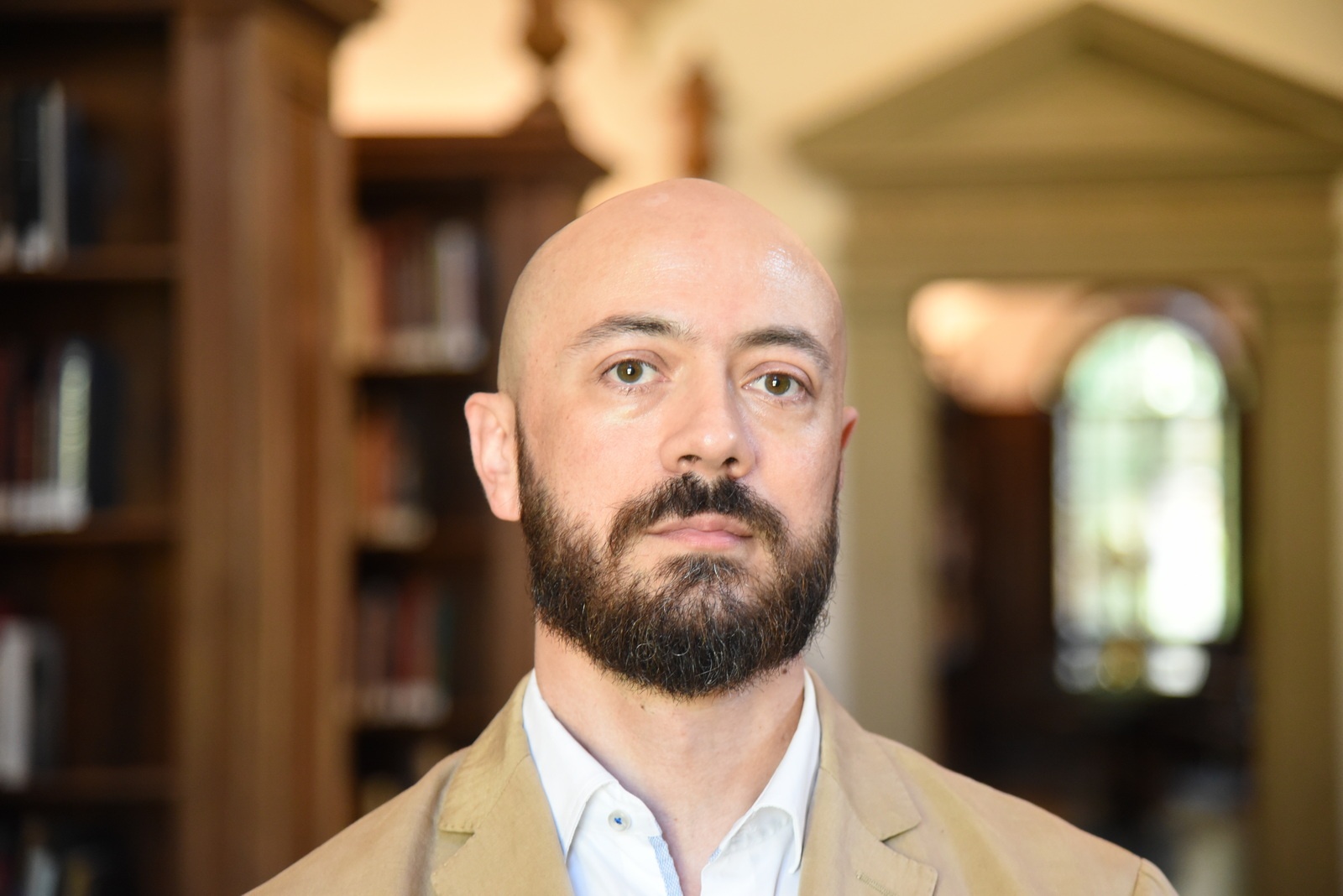Sergio Orozco-Echeverri
Almanacs for a New World: The Practical Transformation of Italian and Spanish Medical Astrology and Meteorology in the Americas (1495-1621)
2025-2026 (September - December)

Biography
Sergio Orozco-Echeverri is Full Professor of History and Philosophy of Science at the Instituto de Filosofía, Universidad de Antioquia (Medellín, Colombia). With a background in physics and philosophy, he received his PhD in Science and Technology Studies from the University of Edinburgh. He works on the uses and transformation of natural knowledge in the early modern world, particularly in Scotland, England, Spain, and the Americas. He is a member of the executive committee of Scientiae. He has been Research Fellow (University of Edinburgh), Paul O. Kristeller Fellow (Renaissance Society of America), Lisa Jardine grant holder (The Royal Society of London), and Frances Yates Fellow (Warburg Institute). Currently, he focuses on the uses of celestial knowledge in the Iberian-American world, and some of this research will be included in the forthcoming book Il nuovo mondo e la scienza (Carocci).
Project Summary
While late 17th-century narratives imagined the New World as pristine and sparsely inhabited, early reports from explorers like Columbus, Vespucci and De las Casas described it as densely populated and ecologically rich. These contrasts were mirrored in discrepancies between classical knowledge and the realities encountered across the Atlantic. In this context, my project explores how some early modern Iberian almanacs, known as repertorios de los tiempos, responded to the epistemic challenges posed by the European encounter with the Americas. Repertorios—short astrological/astronomical printed booklets used for medicine, agriculture, navigation, and calendrics—initially relied on classical and medieval models but were gradually transformed as explorers, friars, and settlers encountered stars, climates, plants, animals, and native forms of knowledge so far unknown to them. Focused on the section usually called la mudança de los tiempos (weather changes), my project traces how medical astrology and meteorology evolved within repertorios to account for a globalizing world enlarging the classical oikoumene to include the Americas and their heavens. By analysing conceptual and visual transformations—both in Iberian repertorios and American adaptations—this research offers a lens into how Classical and Renaissance knowledge was reworked to address the practical demands of global expansion.
